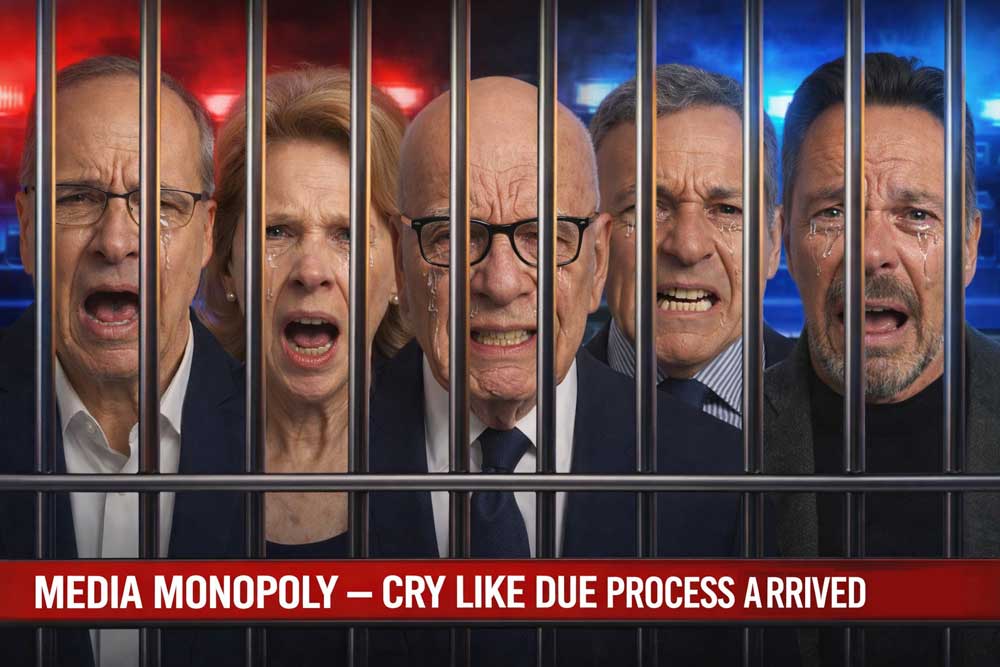NEW ORLEANS (AP) — New Orleans, known as the Big Easy and the birthplace of jazz, is set to be at the center of a significant immigration crackdown as the Trump administration's Operation Swamp Sweep, an expansive immigration enforcement initiative, is slated to launch in southeast Louisiana on December 1.
This operation is expected to bring as many as 250 federal officers into the city, escalated by support from Republican Governor Jeff Landry, who has made immigration enforcement a cornerstone of his administration.
Despite New Orleans being a city that does not share borders with other countries, it has become a major hub for Immigration and Customs Enforcement (ICE), accommodating over 6,000 detainees. Just last month, Louisiana established the controversial Louisiana Lockup in a state prison to detain immigrants deemed dangerous.
Local officials have voiced alarm at the incoming federal presence, with the recently elected mayor, Helena Moreno, who is a Mexican-American immigrant, stating her deep concerns about the potential for racial profiling and violations of due process. Mayor Moreno is focused on educating the community about their rights in this uncertain climate.
New Orleans’ rich cultural tapestry, including a vibrant immigrant community, is now at risk as state officials and city leadership clash over immigration policies. Governor Landry's push invokes fear among many residents, as he cites rising crime rates to justify federal enforcement, even as local crime statistics show a decrease.
Voices of advocacy groups, such as Union Migrante, emphasize the need for immigrant labor in the community and highlight the potential negative impacts of an aggressive immigration enforcement strategy on local economies.
As state legislation increasingly targets local sanctuary policies, the tension between New Orleans' Democratic leadership and the Republican-controlled state government intensifies. This conflict may redefine the city’s approach to immigration enforcement, as new state laws compel local agencies, including law enforcement, to cooperate with federal directives.
With federal oversight finally lifted from the New Orleans Police Department, the uncertain legal landscape leaves officers navigating the demands of both federal and local authorities. As the situation evolves, the people of New Orleans are left grappling with what these changes mean for their community and the legacy of its diverse immigrant population.























